The Role of Bread in Rural Portuguese Diets
11 min read Explore how bread forms a cornerstone of rural Portuguese diets, reflecting history, culture, and daily sustenance traditions. July 03, 2025 18:05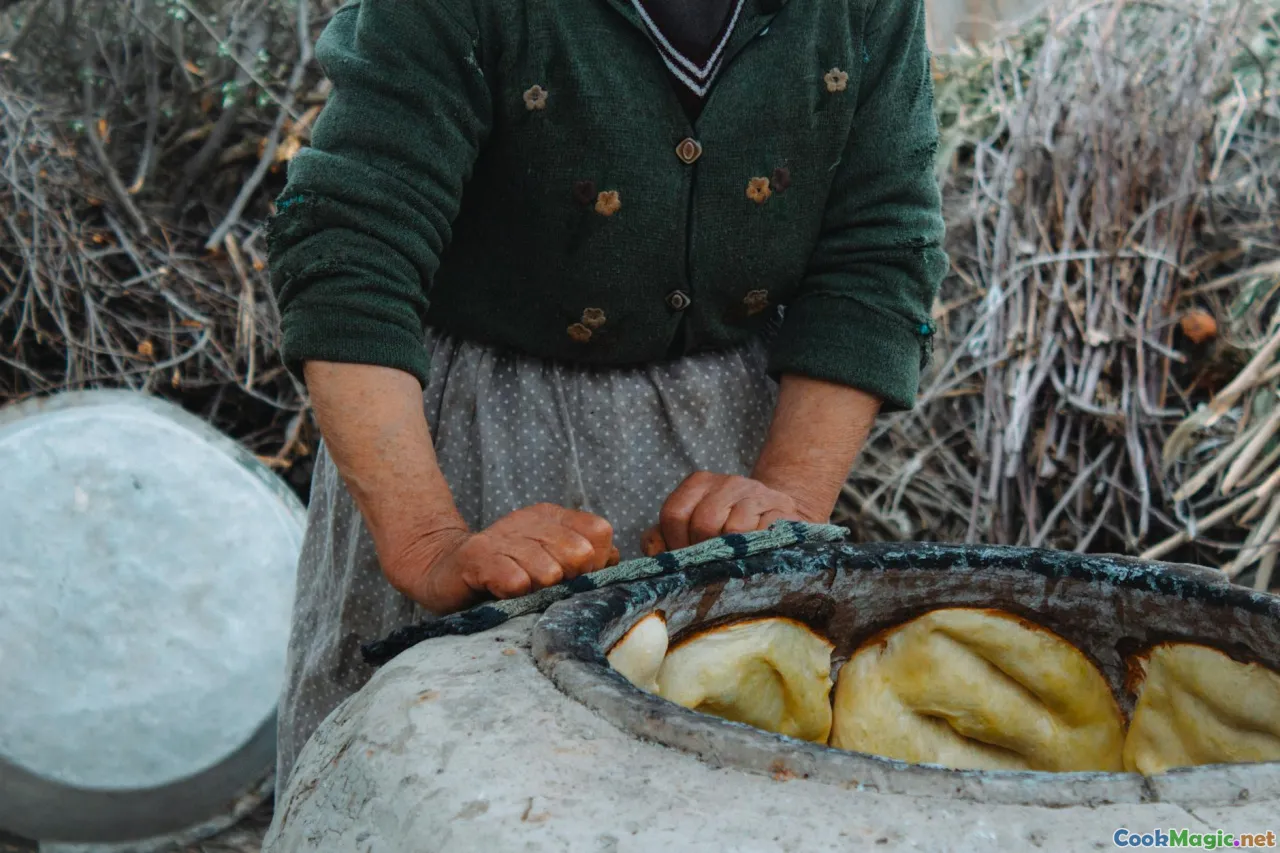
The Role of Bread in Rural Portuguese Diets
In the quiet rhythm of Portugal’s countryside, where days flow seamlessly from dawn to dusk, bread holds a place far beyond the simple act of eating. It is not merely fuel—it is an emblem of tradition, a vessel of communal bonds, and a reflection of the land’s rich heritage. From the rocky hills of Minho to the sun-drenched plains of Alentejo, bread is woven into the fabric of daily life, shaping flavors, stories, and memories.
The Heartbeat of Rural Life: Bread as Daily Nourishment
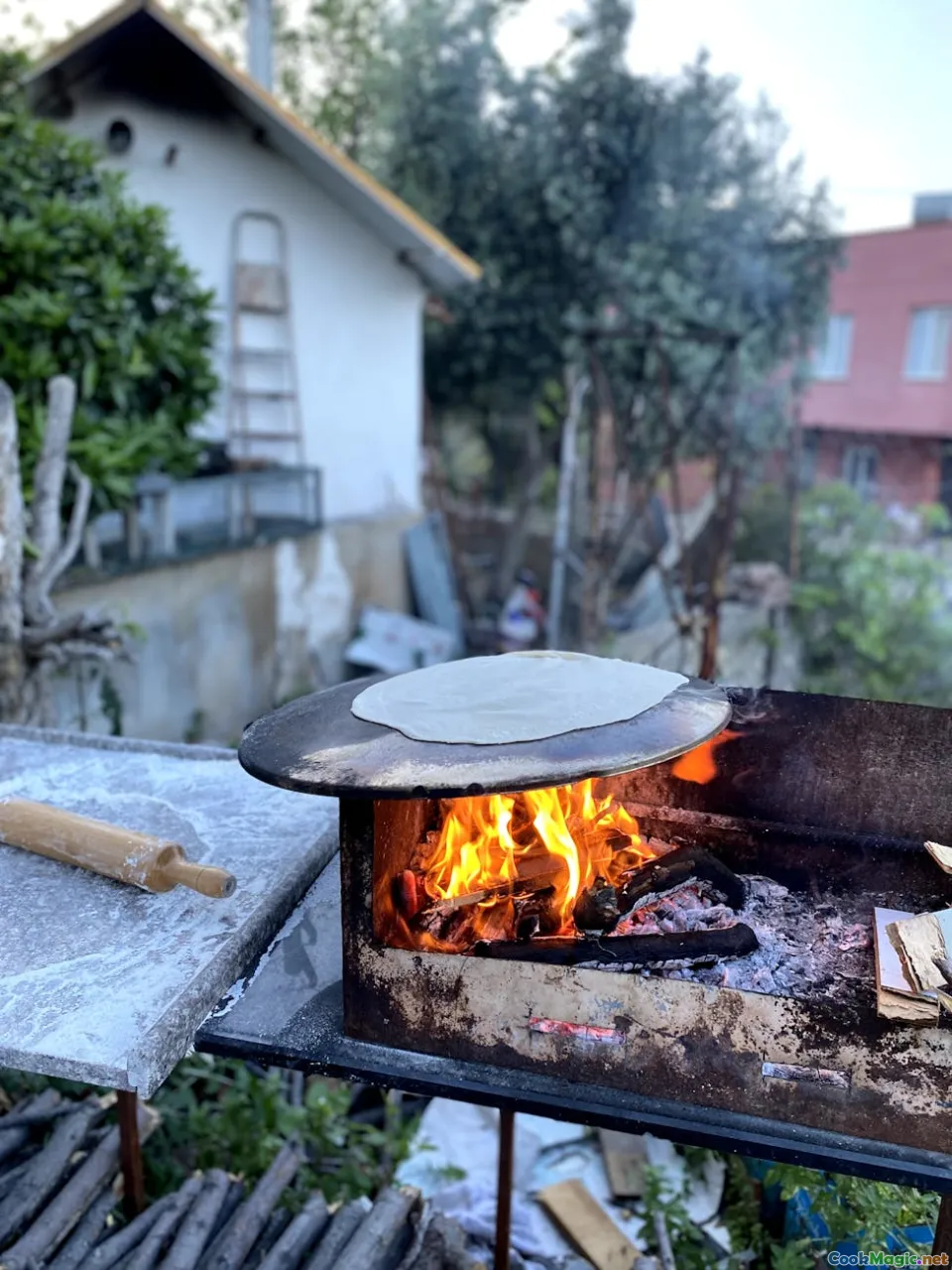
In many small villages across Portugal, the day begins with the aroma of freshly baked bread wafting through narrow streets. Without the convenience of commercial supermarkets, rural families rely heavily on locally produced bread, often baked in plain wooden or stone ovens, filling the air with a warm, earthy scent. A typical breakfast might feature slices of crusty pão rústico with fresh goat cheese, or simple folar—a rustic round loaf that is both staple and celebration.
In these settings, bread is less a commodity and more a craft. It is kneaded with hand-me-down techniques passed through generations, emphasizing slow fermentation that develops a depth of flavor and a chewy, satisfying texture. The crust crackles invitingly when torn, releasing a toasted, almost nutty aroma that entices the senses.
Traditional Breads and Their Stories
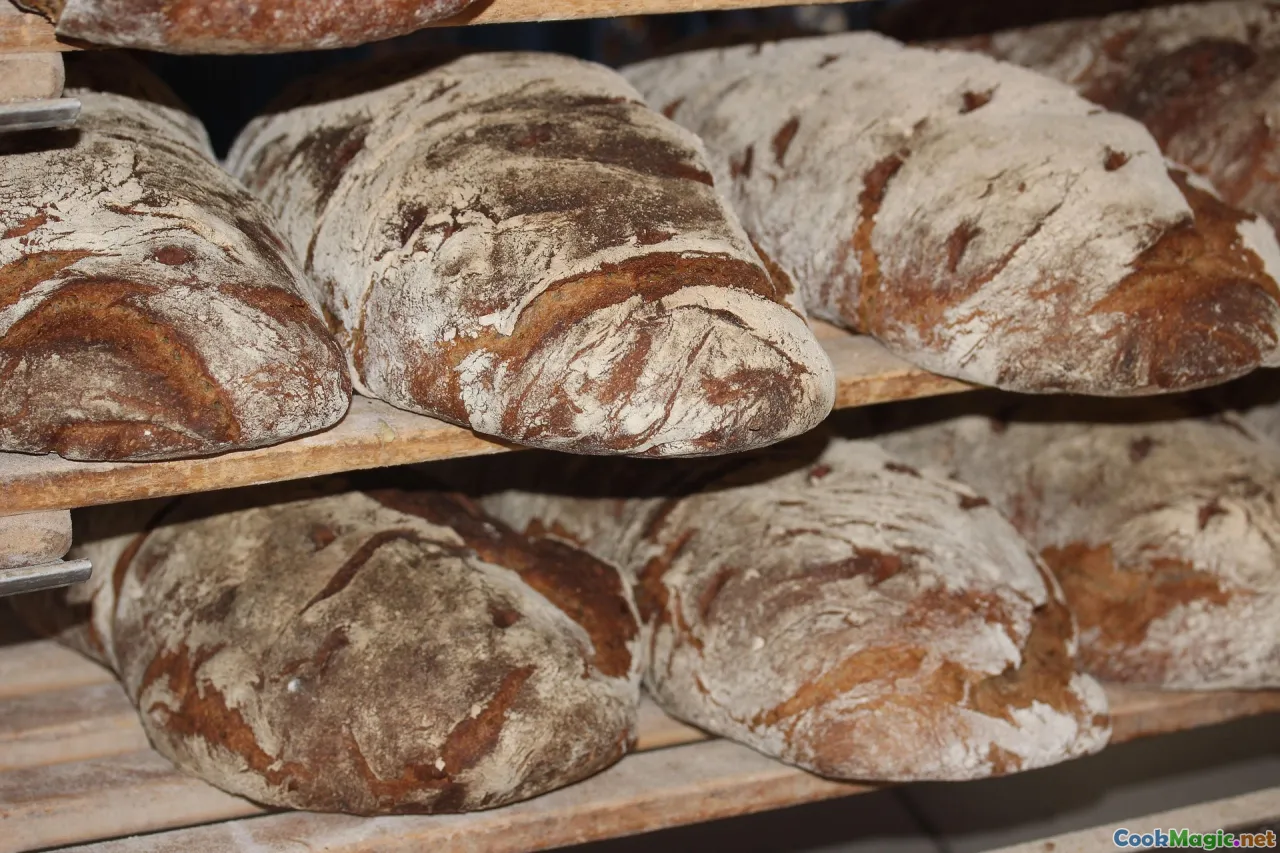
Portuguese rural breadmaking boasts a rich tapestry of varieties, each with its story and purpose:
Pão Alentejano
Originating from the expansive plains of Alentejo, Pão Alentejano is distinguished by its thick, crunchy crust and dense crumb reminiscent of a rustic pebble. Made predominantly with wheat flour, water, salt, and a natural sourdough starter, this bread is a symbol of resourcefulness—crafted to last long enough for farmers to take to fields and to serve as a communal bread for families.
Folar de Carvalhal
In the Ribatejo region, Folar de Carvalhal is baked traditionally during Easter, but rural families often make smaller, everyday folares for sustenance. This slightly sweet bread incorporates local ingredients like carob, lending a hint of earthiness, and it tells a story of seasonal customs and harvest cycles.
The Bica and the Broa – Unique Flavors from Mountain and Riverbanks
While Bica (a dense cornbread) and Broa (barley or rye bread) are more prevalent in northern and central Portugal, their hearty qualities—graininess, tangy undertones, and dense texture—make them essential components of rural diets, especially during colder months.
Bread as a Cultural Connector

In Portuguese villages, bread is a social glue. The communal oven, often owned collectively, is a gathering point where villagers exchange news and share laughs while baking together. In many cases, the first loaf of the day is blessed or shared among neighbors, symbolizing mutual support.
Festivals like Festa de São João often revolve around bread, where communities gather to bake large folares, decorate them with colorful ribbons or nuts, and partake in tales of eggs hidden within the dough, a symbol of fertility.
Sharing bread extends to the home: a fresh loaf sliced and passed around rituals the daily rhythm, fostering a sense of belonging that can be traced back centuries.
The Artistic Craft of Baking in the Countryside
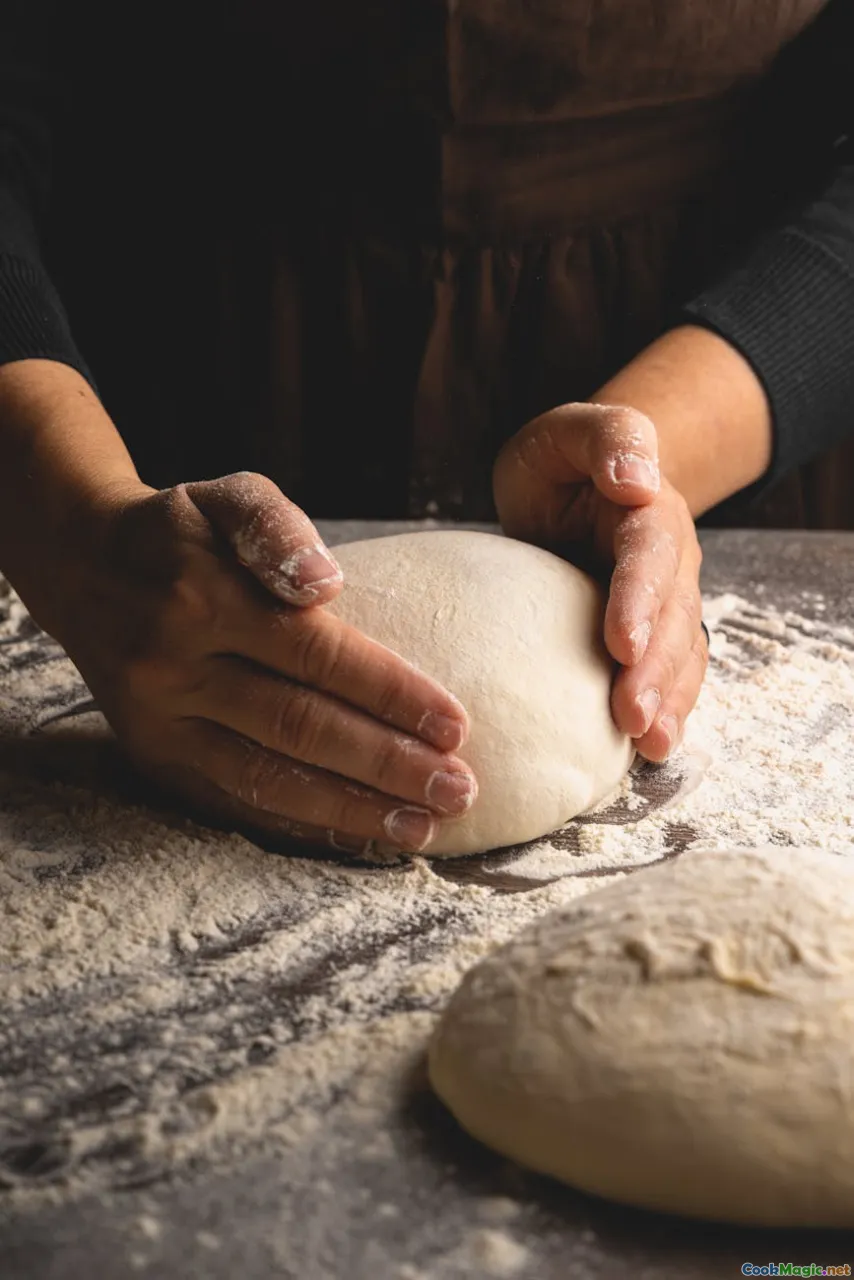
In rural Portugal, bread-making is a deliberate act, infused with patience and skill. Women and men alike use weathered hands to shape dough into familiar forms—bundles, boules, or intricate braids—using simple tools or even just fingers.
Many traditional recipes involve long fermentation times, sometimes overnight, allowing the wild yeasts to develop complex flavors that cannot be replicated in industrial processes. The slow rising not only enhances taste but also preserves nutrients, making bread a vital dietary component.
In some villages, local artisans still maintain stories and techniques, like the fornos de lenha (wood-fired ovens), which impart a smoky nuance that adds depth to the bread.
The Everyday Ritual: Bread in Rural Cooking
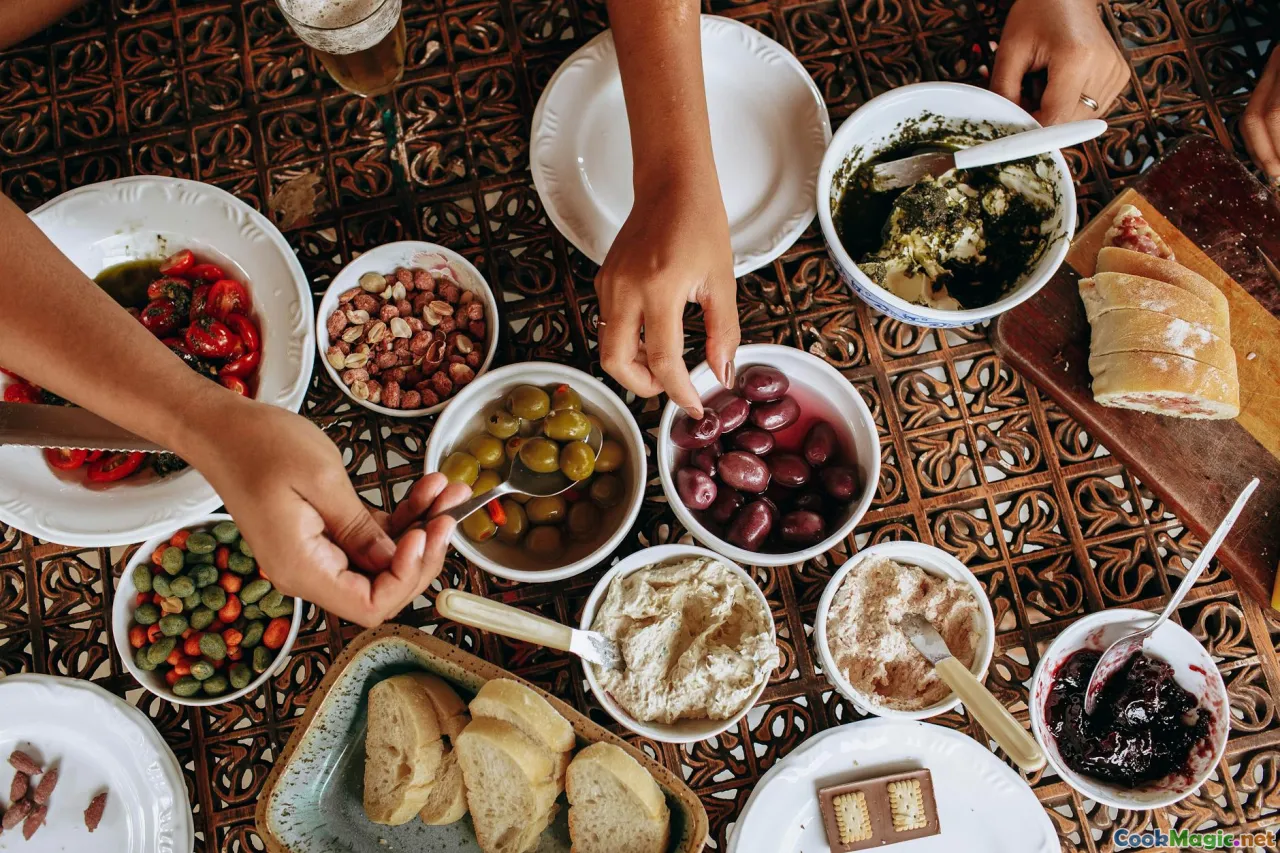
Bread in rural Portugal isn’t just eaten—it’s experienced. Mornings start with a slice of crusty bread dipped in rich olive oil, sprinkled with coarse sea salt, pairing with slices of queijo de cabra or fresh tomatoes. For lunch, a sopa de peixe or feijoada—stews and soups—are served alongside hearty loaves.
Dinner might featurecaldo verde, with its slices of chouriço and potatoes, resting on slices of hot, fresh bread that sops up every flavorful drop.Personal insight: Growing up visiting family in rural Braga, I remember the quiet ritual of breaking bread with my grandparents, the crust crackling with each tear, the aroma evoking both comfort and tradition. These moments transcend language, enveloping you in a sense of continuity and belonging.
Preserving Heritage: Today’s Challenges and Innovations
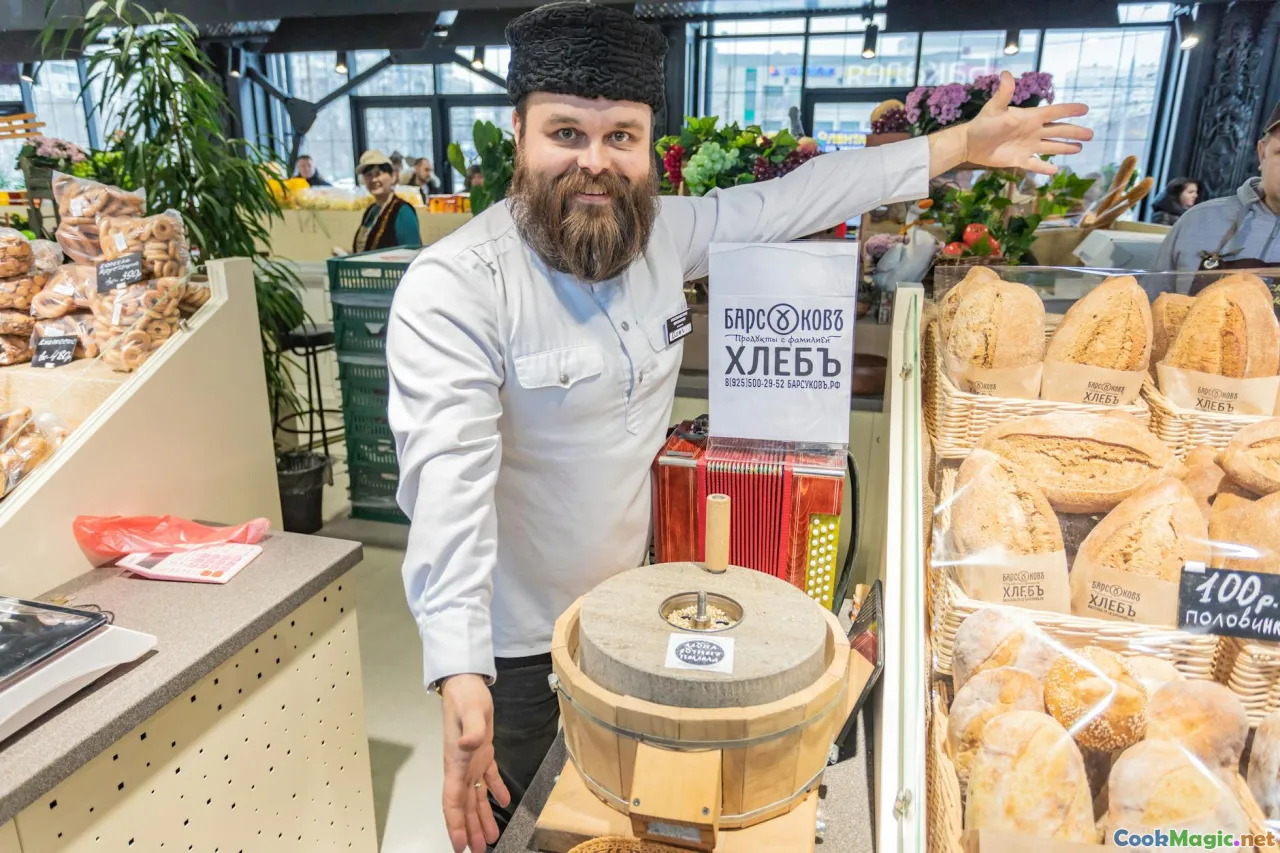
As urbanization encroaches and supermarket chains proliferate, the traditional rural bread culture faces challenges—lost techniques, mass-produced loaves, and changing diets. Yet, a resurgence of artisanal baking, local cooperatives, and heritage festivals aim to preserve these precious traditions.
In some regions, young bakers incorporate modern methods—slow fermentation, local grains, organic ingredients—while honoring age-old practices. This fusion breathes new life into rural baking, ensuring that the essence of Portuguese bread continues to nourish both body and soul.
Bread as a Symbol of Resilience and Identity
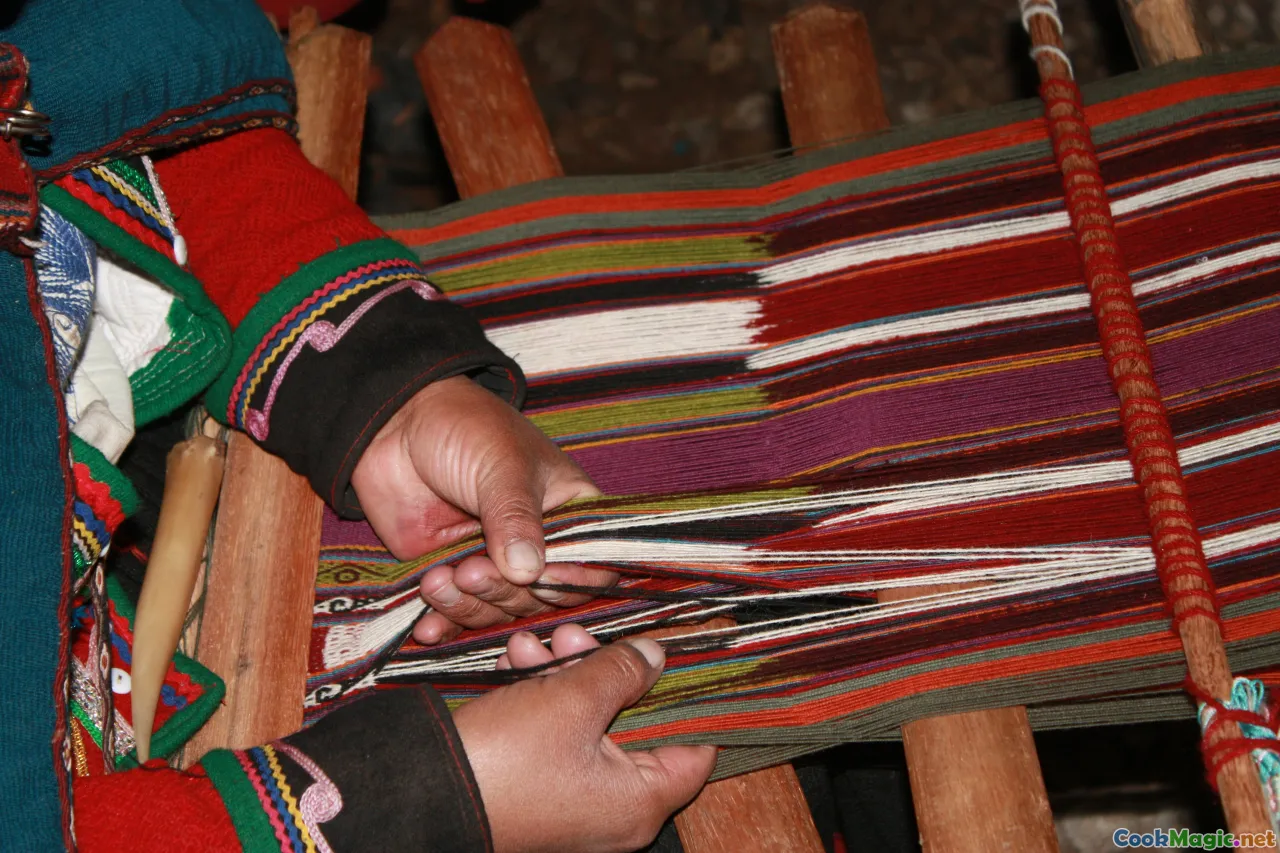
Beyond sustenance, bread embodies resilience. It’s a testament to ingenuity in resource-limited settings and a symbol of community pride. Each loaf tells a story of land, labor, and love—crafted not just to feed, but to preserve identity.
Tea-time conversations around a simple bread reveal stories of generations, struggles, and achievements, binding Portugal’s rural communities in a shared heritage.
Savoring the Future
In the quiet corners of Portugal’s countryside, bread remains much more than a basic foodstuff. It is a living tradition,.binds families, celebrates seasons, and sustains spirits. Embracing these humble loaves offers a taste of history and hope—a reminder of the simple beauty and enduring strength of rural life.
As each crust crackles under the touch and each crumb dissolves on the tongue, we partake in a culinary heritage that continues to evolve yet remains beautifully rooted in its origins. To explore Portugal’s rural breads is to taste a world where culture, community, and craftsmanship come together in every hearty slice.









